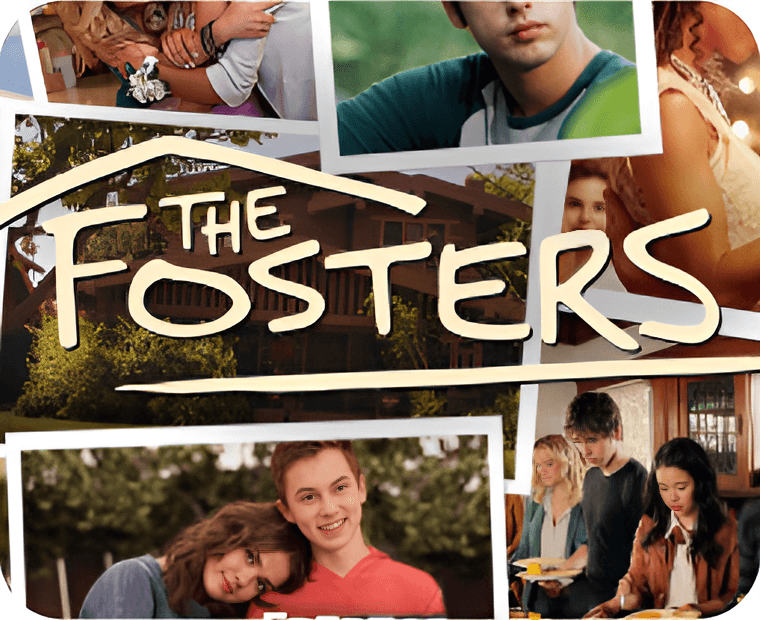Improv in Philadelphia
In this city of ever-rising fashion, food, and residential spaces, why not also strive to raise our acting game? As performers, we are drawn to fresh techniques and styles. One that is especially enjoyable and rewarding is Improvisation. This form of theatre has been around for centuries, such as the renowned Comedia del' Arte of the 18th century. It involved performers wearing costumes and masks, using slapstick props, and frequently performing from their traveling wagons, often with stories about current events and scandals - much like today's entertainment.
If you're new to acting in Philadelphia, improvisation may seem intimidating, yet it can also be one of the most liberating forms of acting with the right training. Improvisation is, by definition, a form of theatre where the performers create the performance in the moment. Imagine it as a 'ready, set, go' moment in which you decide what to add to the performance through improvisation. Anything goes, so don't overthink it, act! For instance, if your scene partner says you're at the airport, and you've forgotten your luggage, take the opportunity to raise the stakes in the scene - what if you're at the airport with no luggage, and you've just missed your flight to your best friend's wedding? Explore the possibilities and see where your choices take the scene. Remember, there is no wrong path!
Improv, or improvisation, is a type of acting that involves performing "in the moment", without the need to rehearse a script or read from one. It takes a great deal of spontaneity and skill and is considered one of the most challenging forms of acting. Those looking to refine their improv skills can take classes available in Philadelphia.
As an actor, you must take the words on the page and make them come alive. Through improvisation, you can be more present and focused on the moment rather than worrying about memorizing the scene. This allows you to be more in tune with the nuances of your character. Although rehearsals are not necessary when doing improvisational acting, the following guidelines can help you improve your performance at read-throughs, rehearsals, and technical rehearsals (the last rehearsal before the performance). Utilizing these lessons will make your performance truly shine!
Taking an improv class is highly recommended if you're seeking a challenge as an actor. Not only will it help you cultivate and sharpen other skills in the industry, but it will also teach you how to act and speak spontaneously. A good instructor and improv class will use various activities to create scenes from nothing, sometimes even incorporating the audience's ideas. The essence of improv is doing something that has not been done before.
To perfect the art of improv, training, and practice are a must. Whether you join an improv team, enroll in classes, or form your team, it is important to push your acting muscles and stay sharp. It can also help you to watch other comedy and improv shows, take notes, and apply what you learned to your practice. Don't be afraid to take risks when you are improvising. Create characters, develop relationships, and make strong and confident choices. Remember, as Amy Poehler said, "No one looks stupid when they're having fun."
Many actors mistakenly think a fantastic performance is about memorizing lines and perfecting choreography. However, the art of acting is far from a precise science—-it can be crafted to create something unique and appealing. Improvisation is a great tool for actors, as it allows them to improvise if their scene partner forgets a line on set or to provide a different take on a scene if the director is not satisfied with the initial interpretation. In fact, improv can be quite helpful when last-minute changes are needed for a scene.
Stay in the present and be decisive. Don't try to outshine your scene partner; rather, the more you help them look good, the better you will look. Take your partner's ideas and develop them into a narrative. Most importantly, stay true to your character and react authentically. This will give the scene a greater sense of realism and allow you to investigate the scene you are creating. Storytelling is often employed in improvisation, but it means something slightly different. Storytelling is when the audience wants to witness something occurring or a story unfolding. Recall that nothing is wrong in improvisational theatre; stay true to your character and the scene.
Tina Fey once encouraged us to "Say yes and see where that takes you." This is an idea that is rooted in the improv principle of "Yes And," which encourages performers to accept and add to what their scene partners give them. This principle can be applied to not only performance but also to everyday life. It can elevate your mood and give you a new way to approach obstacles and help you become more comfortable in social situations. Plus, you are likely to meet all sorts of interesting people. So why not get out there and say Yes!
Having the ability to think on your feet and react quickly to unexpected situations on set can be highly beneficial, as it may save a scene that would otherwise be ruined or even add something unique that ends up being of great value to a production. Improv classes can teach you the skills necessary to respond instead of simply reading from a teleprompter or memorizing lines.
A strong understanding of Improv techniques can be highly beneficial for an actor. When approaching a scene, the actor can look at the script and have many options for how to play it out. This kind of flexibility can be very attractive to casting directors, as it allows for them to get the best out of a scene. With enough practice, an actor can develop the awareness necessary to understand the action in a scene and create a wide array of options to fit any situation.
Even if you're not an actor, improv can be very beneficial. Executives often take improv classes to hone their networking skills, which helps to create better listeners who can understand body language on a deeper level. Additionally, improv encourages people to pay close attention to those around them, making them more observant.
If you want to get into the entertainment industry, taking improv classes can be the perfect way to get started. Not only is it a fun and rewarding experience, but it can also help keep your acting skills sharp and fresh. Veteran actors even use improv to help them stay in the moment and avoid the monotony of just reading from a script. With the freedom that comes with improv, you can take your acting career to the next level. Don't wait, find improv classes in Philadelphia today!










